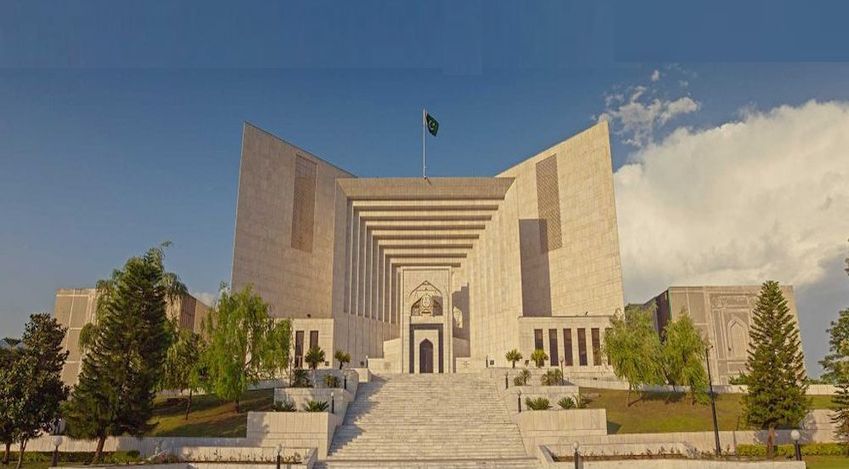No Vested Right is accrued for Appointment to a specific post from Passing Interviews --- Supreme Court of Pakistan
Islamabad 09-08-2024: In a significant ruling, the Supreme Court of Pakistan has upheld the decision of the High Court of Sindh, dismissing the petitions of Petitioners, who challenged their non-appointment to positions in the Food Department, Government of Sindh, despite passing the written test and attending interviews.
The bench, comprising Mr. Justice Syed Hasan Azhar Rizvi and Mr. Justice Aqeel Ahmed Abbasi, delivered the judgment on July 26, 2024. The petitions, numbered 154-K of 2022 and 166-K of 2022, were filed against the High Court’s order dated December 15, 2021, which dismissed the constitutional petitions of the appellants.
No Vested Right from Passing an Interview
The Court reiterated the principle that merely passing a written test and being called for an interview does not create any vested right for appointment to a specific post. This principle underscores that qualifying for an interview alone does not guarantee employment.
Judicial Review Limitations on Interview Results
The judgment emphasized that interview evaluations are inherently subjective, and Courts do not have the jurisdiction to substitute their opinions for those of the Interview Board, unless there is clear evidence of mala fides, bias, or significant errors in the evaluation process.
Subjective Nature of Interviews
The Court highlighted that interviews assess candidates based on subjective criteria, including interpersonal skills and presentation, which are difficult to measure objectively. This qualitative assessment is beyond the purview of judicial review unless there is evident impropriety.
Judicial Precedent on Interview Evaluation
Citing the case of Muhammad Ashraf Sangri v. Federation of Pakistan (2014 SCMR 157), the Court reaffirmed that it is not within the jurisdiction of Courts to replace the subjective evaluations of interview boards with their own opinions.
No Fundamental Right from Selection Process
Referencing Secretary Finance and others v. Ghulam Safdar (2005 SCMR 534), the judgment noted that selection in written and interview tests does not confer a fundamental right enforceable in constitutional jurisdiction.
Procedural Requirements in Litigation
The Court also pointed out that allegations regarding illegal appointments cannot be entertained if the concerned individuals are not made parties to the case, nor can their appointments be examined without specific prayers in the petitions.
The petitioners had applied for positions in the Food Department, Government of Sindh, following an advertisement dated February 14, 2010. After passing the written test, they were called for interviews but did not receive further communication regarding their results. They alleged that certain candidates who did not appear for the written test were appointed, prompting them to file constitutional petitions, which were dismissed by the High Court.
The Supreme Court, finding no merit in the petitions, upheld the High Court's dismissal. The judgment reinforces the principle that judicial intervention in subjective evaluations like interviews is limited and that procedural requirements must be strictly followed in litigation.
The ruling is a significant affirmation of the boundaries of judicial review in administrative matters, particularly in employment and appointment processes.
Powered by Froala Editor








